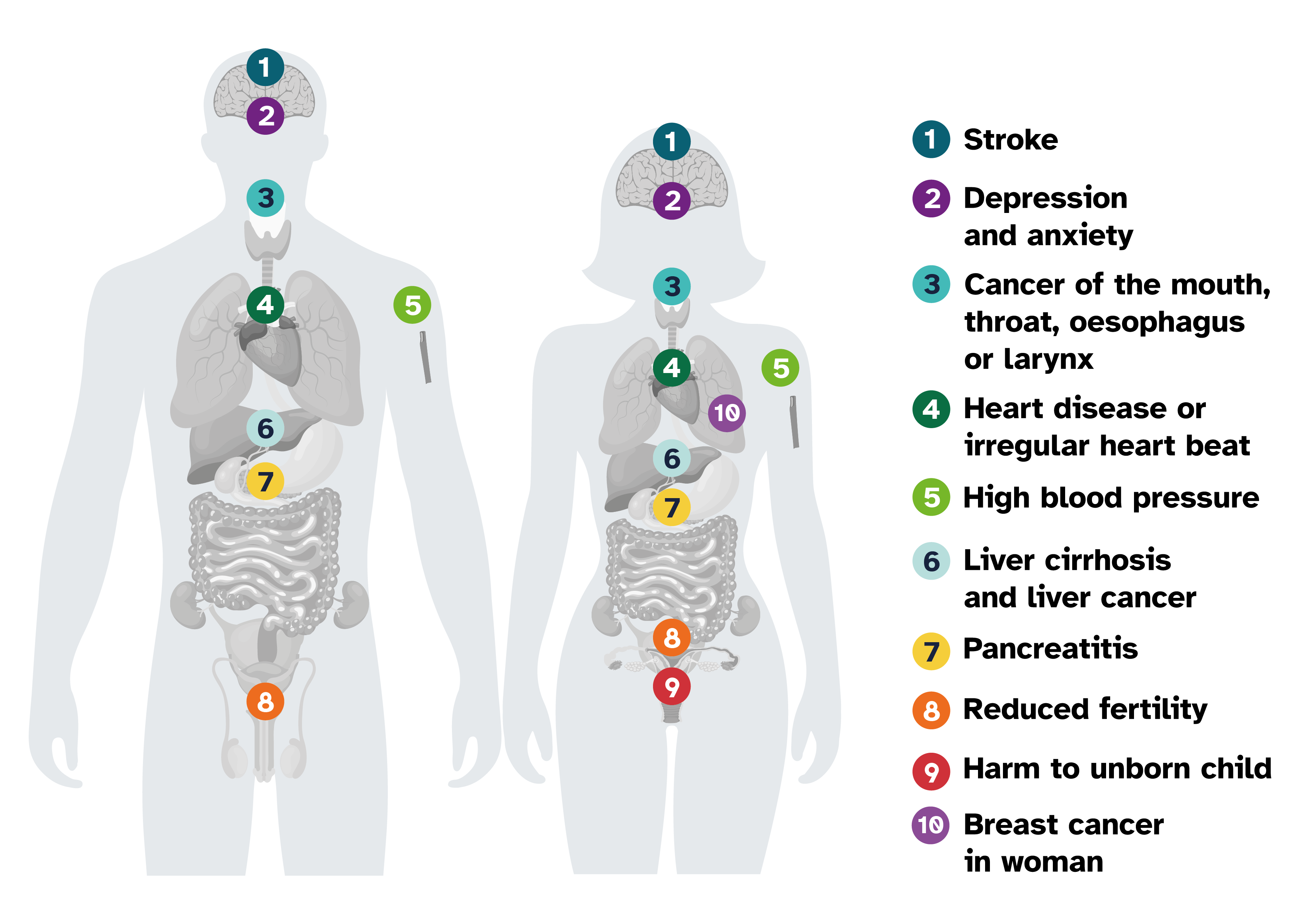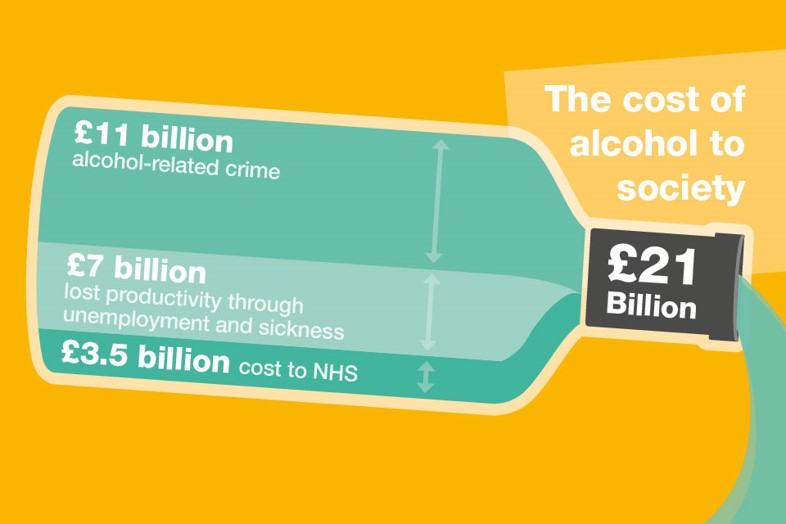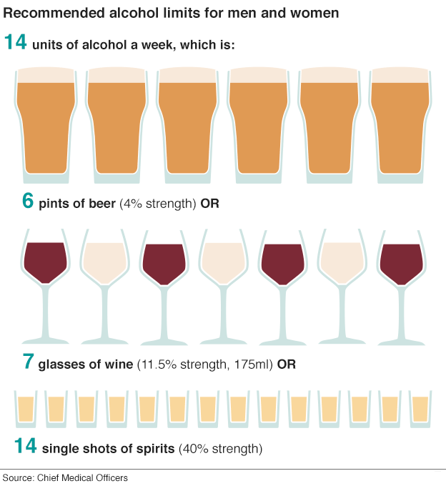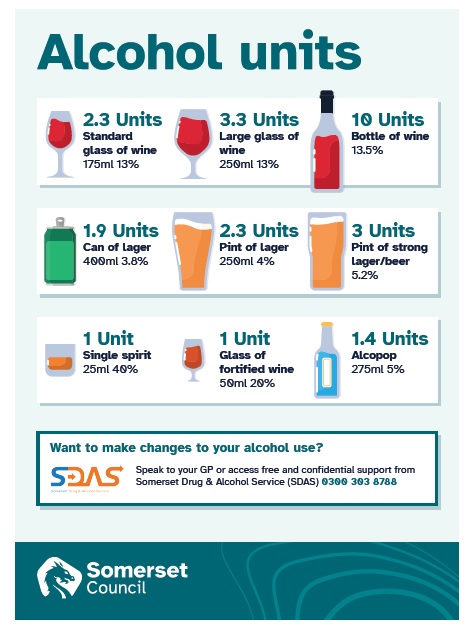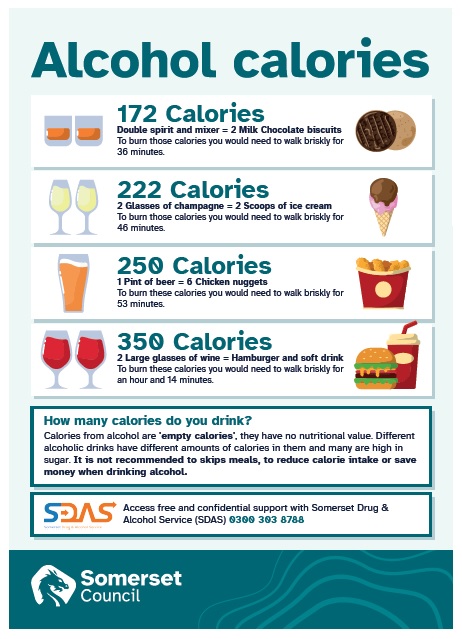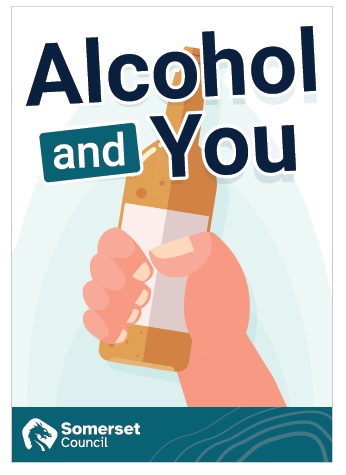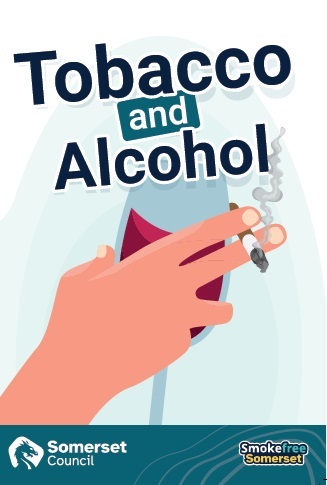Introduction
Knowing how much is ‘too much’ can be confusing when it comes to alcohol. Most of us know when we’ve ‘overdone it’ in an individual drinking session, but sometimes drinking can creep up on us and, over time, people can find that they’re drinking more than they would like.
For the individual, regular drinking increases the risk of developing illnesses, including cancer, liver cirrhosis and heart disease. Excessive alcohol consumption can lead to dependence. For families, alcohol consumption can lead to relationship breakdown, domestic violence and is a significant factor in poor parenting.
The total social cost of alcohol to society is estimated to be at least £21 billion each year, The harm caused by alcohol affects many people in the form of both physical and mental health problems, financial worries, relationship breakdown and family difficulties. It also has a huge cost to society, as people can need to take time off work and may require support from NHS emergency services and the police.
Reducing consumption
14 units of alcohol a week is equivalent to six pints of beer at 4% strength, or seven 175ml glasses of wine at 11.5% strength, or 14 single shots of spirits at 40% strength.
Binge drinking is drinking over double the recommended daily guidelines on any single occasion. Binge drinking carries particular risks to both your health and your personal safety, increasing your risk of being involved in an accident.
UK low risk drinking guidelines
The UK Chief Medical Officers’ guidelines recommend to keep health risks from alcohol low, you should drink no more than 14 units a week, make sure you have several drink-free days, and never binge drink. Find out more about the UK Chief Medical Officers’ guidelines
Alcohol and pregnancy
If you are pregnant or planning a pregnancy, the safest approach is not to drink alcohol at all, this is included in the Chief Medical Officers official guidelines. Keeping risks to your baby to a minimum by not drinking alcohol means there will be no risk of harm to the baby. Alcohol also increases risk of miscarriage, how the baby develops in the womb, can cause ill health and disabilities such as Fetal Alcohol Spectrum Disorders (FASD).
Alcohol and young people
Drinking alcohol can make you happy, relaxed and confident however drinking too much, too often can cause problems. Drinking alcohol can cause physical damage to your body and put you at more risk of developing certain diseases. Drinking lots of alcohol at once, especially if you do this all the time (for example, every weekend) is likely to damage your health for life.
It can damage your body and can cause:
- Loss of brain cells
- Liver damage
- Stomach ulcers
- Certain cancers
- Heart problems
- Epilepsy
Alcohol affects the way you look
- It can cause weight gain – a can of lager has the same calorie content as a bar of chocolate
- It can cause skin problems – the liver, once damaged by alcohol can’t process nutrients the body including you skin needs
Underage drinking
- Drinking under the age of 15 can damage developing organs
- Between the ages of 15 and 17 you should not drink every week and never on more than one day a week
- Being alcohol-free until you are 18 is the best option
Information for parents
One of the areas that cause concern for parents is whether their young person is using drugs and alcohol. During the teenage years, young people may want to explore what it is like being an adult and this can bring about all sorts of risk taking behaviours.
However it is good for parents to know a few facts so that they can put their fears into perspective but have those important conversations to help young people make good choices.
The most important things to remember are:
- Most young people don’t use drugs – 76% of young people aged 11 to 15 say they have never taken drugs.
- More young people are choosing not to drink alcohol or are waiting until they are older. However, those who do drink are drinking a lot more than 10 years ago.
- Evidence has shown that scare tactics do not work. It is important to discuss the consequences of alcohol and drugs without overstating the case.
- Avoid being confrontational – it is important that young people don’t feel accused. Listen to young people’s views and offer your own in an honest and respectful manner so that they feel comfortable coming to you in the future.
- Do not underestimate your influence – you can have a strong, positive effect by starting the conversation earlier, and keeping it ongoing.
Preventing a child from taking drugs and alcohol
There is no sure way to prevent your child using drugs but you can decrease the chances of it happening if you:
- Maintain good communication with your child. Make sure they know they can talk to you if they have any concerns or issues.
- Be interested in their activities and know who their friends are. Help with homework and give them lifts to and from sports and other activities.
- Have open discussions with your child from a young age about drug use: what they would do if offered drugs, explore examples, positives and negatives of use.
- Encourage them not to drink or smoke. The longer you can delay this the less likely they are to use illegal drugs.
- Make sure your own use of alcohol or other drugs is responsible. The best way to influence their behaviour is by example.
- Inform yourself about drugs.
- Praise and encourage healthy behaviour.
- Have positive expectations for your children.
- Set clear boundaries in your home.
Local information and support
Somerset Drugs and Alcohol Service (SDAS)
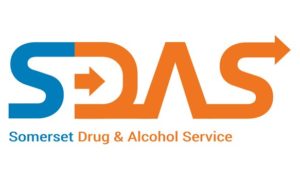
Commissioned by Somerset Council, Somerset Drugs and Alcohol Service (SDAS) offers support and help for families, young people and adults with an alcohol or drug issue. SDAS supports anyone with issues involving drugs or alcohol, whatever the age of the person involved. The service can offer early intervention to help people before the problems get worse.
Contact SDAS
- Phone: 0300 303 87 88 – Someone will be available to speak with you 24 hours a day, 7 days a week
- Email: sdas@turning-point.co.uk
- Website: Somerset Drugs and Alcohol Service (SDAS)
Other services available in Somerset
National information and support
- ADFAM offers information, support groups and advice for families affected by drugs and alcohol. You can call them on: 0207 553 7640.
- Talk to Frank provides free and confidential information and advice about drugs. You can call them on: 0800 776 600.
- Royal College of Psychiatrists
- Young Minds provides information and advice for parents, children and young people, and professionals. You can call them on: 0800 018 2138.
- The Mix is an organisation is run by Youth Net UK, a registered charity and is aimed at young adults. It covers a range of issues including drugs and alcohol, sexual health and relationships, health and wellbeing and money matters.
- Chief Medical Officer (CMO) Guidelines
- Guidance: Alcohol consumption: advice on low risk drinking
- Alcohol Change UK
- Narcotics Anonymous
- Drinkaware
Downloadable resources
Alcohol Units and Calories information sheets
General information on alcohol
Tobacco and alcohol information leaflet
If you think you would benefit from these resources in a different language, please email a request to: publichealth@somerset.gov.uk.
Training for Professionals
Somerset Public Health team provide training and information around alcohol and drugs. This includes providing brief interventions.
This is primarily aimed at:
- Social Care staff and similar organisations
- Somerset Council teams
- Charities and third sector organisations
Training is being delivered virtually and in person, you can choose which you prefer. Our training is free, provided your organisation is based in Somerset.
If you would like to discuss your training needs, please email a request to: publichealth@somerset.gov.uk


